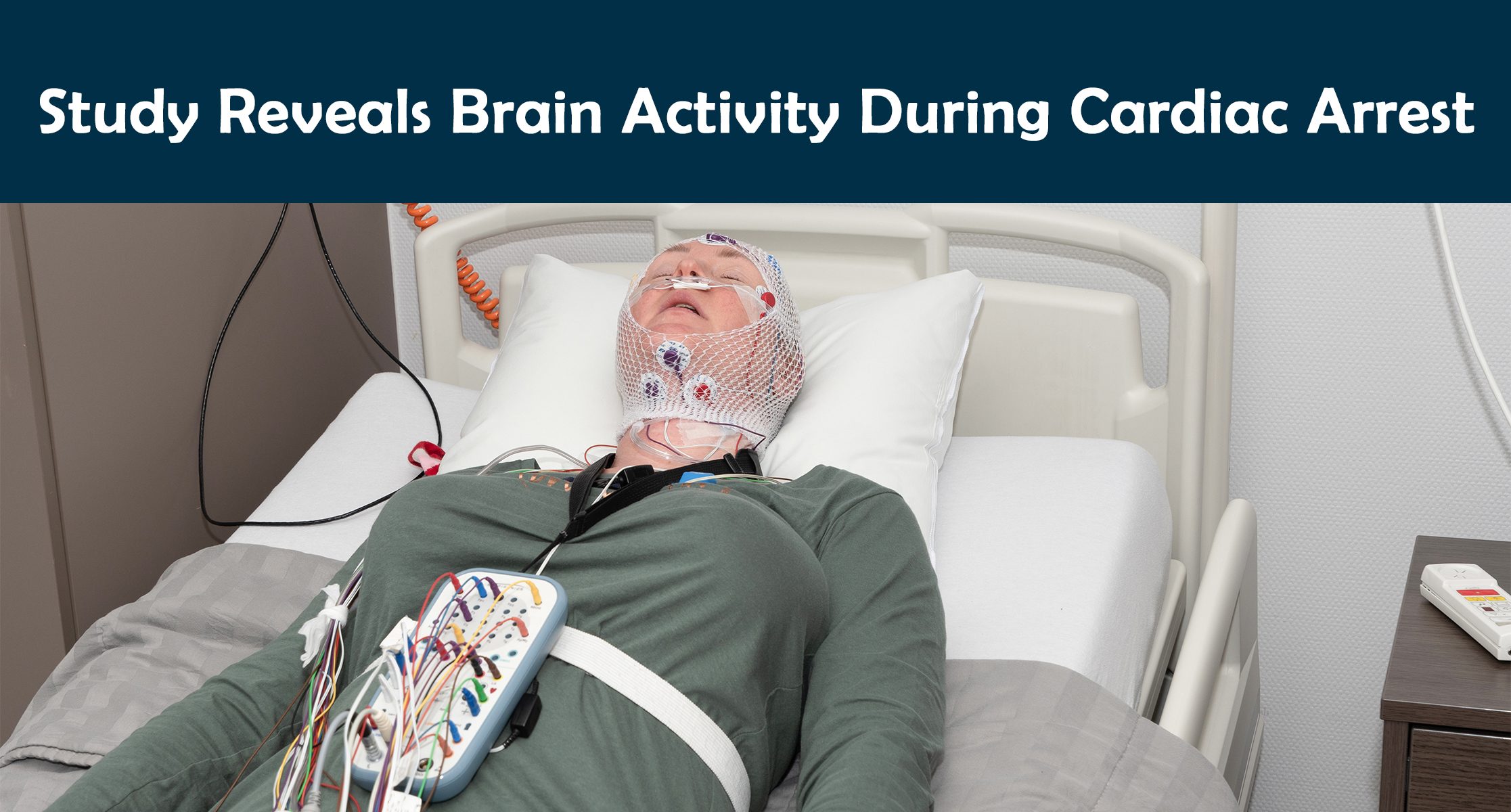|
Getting your Trinity Audio player ready...
|
A recent study led by New York University Grossman School of Medicine reveals intriguing insights into near-death experiences during cardiac arrest. Researchers collected data from 567 patients who underwent cardiopulmonary resuscitation (CPR), with only 28 survivors available for follow-up. While CPR aims to restore circulation after a heart stops, this study suggests the brain may maintain some activity, challenging previous assumptions that it suffers permanent damage within 10 minutes of oxygen loss. Although patients couldn’t recall specific stimuli, real-time brain monitoring indicated ongoing neurological activity, raising questions about how the brain processes information during critical moments, shedding light on near-death experiences.
Source: https://www.resuscitationjournal.com/article/S0300-9572(23)00216-2/fulltext#%20




